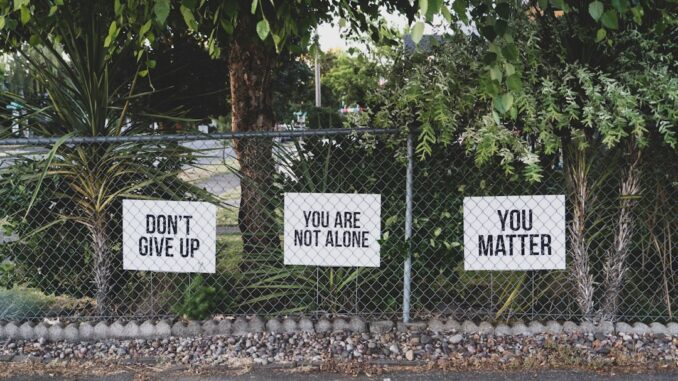
In a decisive move to combat the escalating opioid crisis, West Virginia has allocated $10.4 million in initial settlement funds to support 38 programs across six regions. This funding, announced by the West Virginia First Foundation, focuses on youth substance use prevention, recovery housing, and diversion programs, marking a significant step toward addressing the epidemic with both urgency and care. (apnews.com)
Youth Substance Use Prevention Initiatives
Among the recipients, Seed Sower, Inc. stands out with a substantial grant of $442,800. Operating in southern West Virginia counties—including Fayette, Monroe, Raleigh, Summers, Nicholas, Webster, Greenbrier, Pocahontas, Mercer, Wyoming, and McDowell—Seed Sower is dedicated to preventing youth substance use. Their programs aim to equip young individuals with the tools and knowledge to resist the allure of drugs and alcohol, fostering healthier communities.
Similarly, the Nicholas Intervention Coalition in Summersville and the Raleigh County Prevention Coalition in Beckley each received $125,000 in Drug-Free Communities (DFC) grant funding. These grants, secured by U.S. Senator Shelley Moore Capito, are designed to strengthen community collaborations and support local efforts to prevent youth substance use. (capito.senate.gov)
Diversion Programs and Recovery Housing
Diversion programs play a crucial role in redirecting individuals from the criminal justice system toward support and treatment. The Berkeley County Diversion and Interdiction Project received approximately $625,650 to continue its work in this area. By providing alternatives to incarceration, these programs aim to address the root causes of substance use and offer pathways to recovery.
In the realm of recovery housing, seven organizations were granted funding to expand access to transitional and recovery housing. The Southern WV Fellowship Home, Inc. received the largest share, $658,800, to enhance its facilities and services. These recovery residences offer safe, structured, and sober environments for individuals transitioning from substance abuse treatment, supporting their journey toward self-sufficiency. (apnews.com)
Statewide Collaboration and Future Outlook
The West Virginia First Foundation, responsible for distributing the majority of the state’s opioid settlement funds, operates under a memorandum of understanding signed by officials from 55 counties. This collaborative approach ensures that funds are allocated effectively to combat the opioid crisis. The state is set to receive staggered payments from settlement agreements until at least 2036, with around $367 million expected over the next five years. This sustained funding underscores a long-term commitment to addressing the epidemic and supporting recovery efforts across the state.
References
-
Willingham, L. (2024, December 23). Diversion and youth prevention are a focus of West Virginia’s initial opioid settlement awards. Associated Press. (apnews.com)
-
Capito, S. M. (2024, September 9). Capito secures grant funding for West Virginia youth substance use prevention efforts. U.S. Senator Shelley Moore Capito. (capito.senate.gov)
-
Morrisey, P. (2025, March 10). Governor Patrick Morrisey announces funding awards to combat opioid addiction. West Virginia Office of the Governor. (governor.wv.gov)
-
West Virginia Department of Economic Development. (n.d.). Community Development Block Grant-Recovery Housing Program (RHP). (wvcad.org)
-
Community Action of South Eastern West Virginia. (n.d.). Recovery Housing. (casewv.org)


Be the first to comment